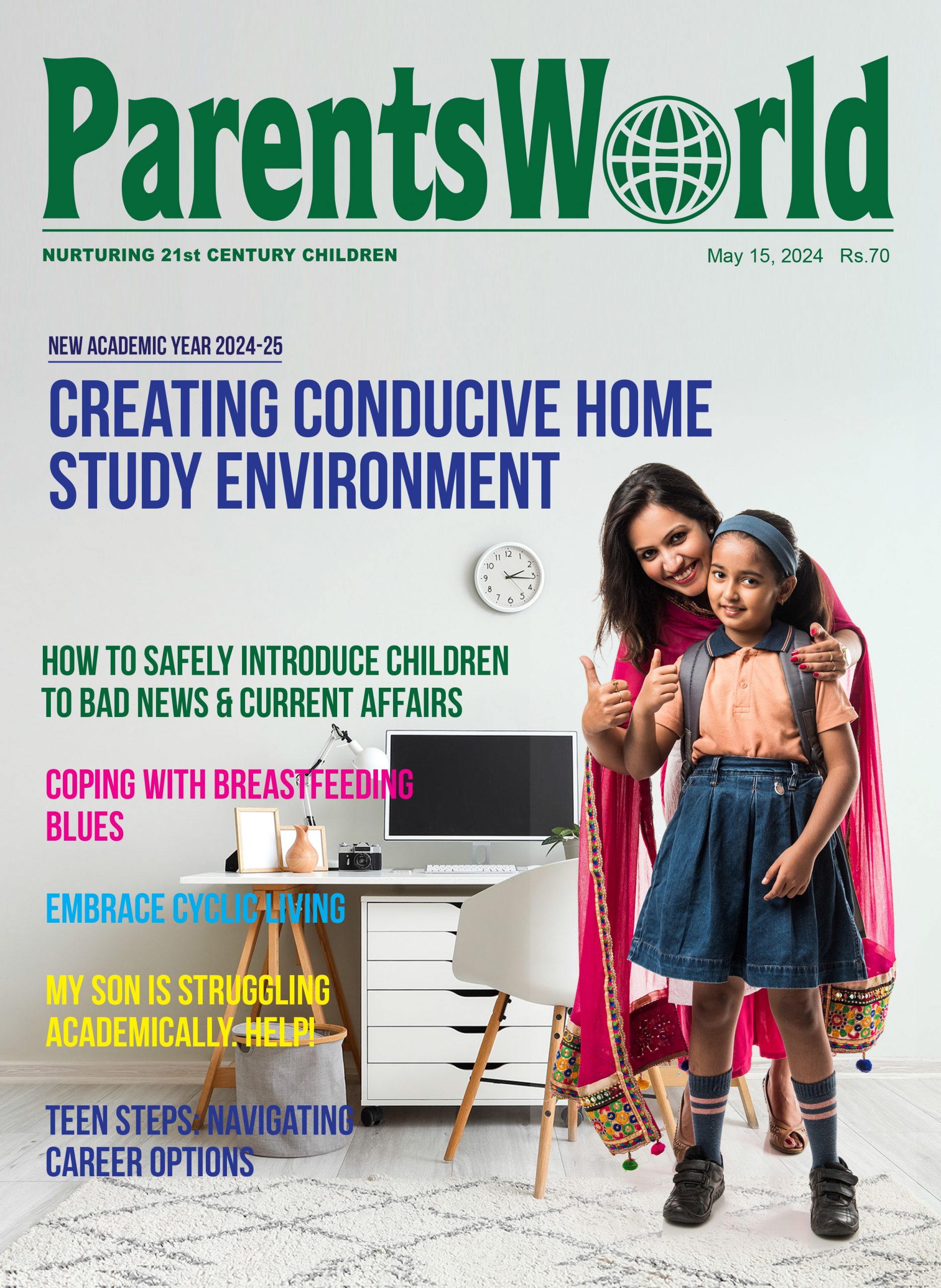The mental health and emotional well-being of the world’s largest child and youth population — 21st century India negligently hosts 480 million citizens below age 24 — is ballooning into a national, and perhaps a global, crisis. With all developed OECD countries including China, confronted with the challenge of rapidly ageing and declining population, India’s children will transform into the global workforce of the latter half of the 21st century. But unless the problem of their mental and emotional well-being is addressed — and fast — the national and global economy is likely to suffer severe productivity loss.
The death by suicide of Richa Sinha, a young class XII student preparing for the competitive NEET exam for admission into the country’s 703 medical colleges in Kota (Rajasthan), has brought the issue of the rising tide of child/student suicides in India back into the national limelight. This year, 24 students in Kota — a small town in Rajasthan infamous for its drill-n-skill coaching classes that prepare school-leavers for hyper-competitive public exams such as NEET, IIT-JEE and UPSC among others — have resorted to the extreme step because of pressure from parents and society to gain admission into the country’s much-too-few world-class higher education institutions.
In June, we published a detailed cover story titled ‘Red Alert: Rising tide of child and youth suicides,’ in which exams related stress, the burden of parental expectations and lack of awareness of non-traditional careers were identified as prime causes of rising student suicides. Education leaders and counselors advise addition of fear of failure — pervasive within the students’ community — to the list.
The verity that failure is the stepping stone to success, is an old well-worn cliche. Yet it’s the failure of parents, educators and society in general to accept this truth that’s the prime cause of the rising tide of child/student anxiety, depression, self-harm and increasingly suicides. In our September cover story we present words of wisdom and advice from knowledgeable child psychiatrists and psychologists on ways and means to accept children’s failures and transform them into opportunities to build resilience and character. Teachers and parents have an important duty to provide encouraging and enabling school and home environments where children can learn without excessive pressure and omnipresent fear of failure.
There’s much else in this issue of ParentsWorld. Check out our Middle Years story on preparing and empowering children to cope with parental divorce, and Special Feature highlighting smart ways to organise children’s rooms and learning spaces. Also highly recommended are the Ask the Doctor and Ask Your Counselor columns in which child health experts address contemporary parent queries.

























